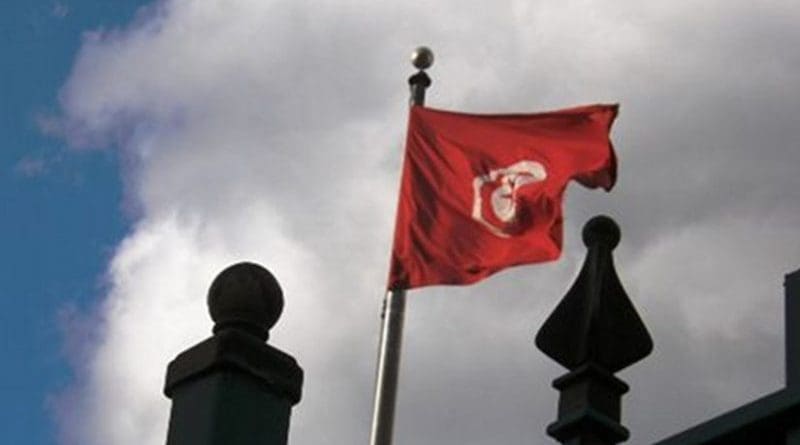UN’s Rights Chief Warns Scrapping Of Tunisia’s Judicial Council ‘Big Step In Wrong Direction’
By Arab News
By Ephrem Kossaify
The UN High Commissioner for Human Rights on Tuesday urged the president of Tunisia to reverse his decision to disband the country’s Supreme Judicial Council, the official body that oversees judges in the country.
Michelle Bachelet warned that the dissolution of the council would seriously “undermine the rule of law, the separation of powers and independence of the judiciary in the country.”
She described President Kais Saied’s decision as “the latest development in a worrying trajectory in the country.”
Bachelet said: “On July 25, 2021, the president suspended parliament and assumed all executive functions. Since then, there have been increasing attempts to stifle dissent, including through harassment of civil society actors.”
Saied on Sunday announced his decision to dissolve the High Judicial Council. The move was rejected by the body as an attempt to undermine its independence. On Tuesday, council members said they would defy the president’s decision and were discussing ways to challenge it.
Bachelet emphasized the importance of the High Judicial Council as a body tasked with ensuring judicial independence.
“Its establishment in 2016 was hailed as a major advance in the consolidation of the rule of law, separation of powers and the independence of the judiciary in Tunisia,” she said.
“Much remains to be done to bring justice-sector legislation, procedures and practices in line with applicable international standards — but this has been a big step in the wrong direction.
“The dissolution of the High Judicial Council is in clear violation of Tunisia’s obligations under international human rights law.”
Her statement also noted that “the office buildings of the High Judicial Council have been cordoned off by internal security forces, and members and staff have been prevented from entering the premises.”
She called for “all necessary measures” to be taken to protect council members and staff, who have been targeted by “online hate campaigns and threats.”
Also on Tuesday, rights group Amnesty International said that Saied’s actions pose “a grave threat to fair-trial rights in Tunisia.”
The Tunisian Judges Association said that its members would suspend all work in courts on Wednesday and Thursday and that judges would stage a protest on Thursday.
Tunisia is in the throes of a dire financial crisis. Tunisians complain of shortages of some essential goods and the governor of the country’s central bank has warned of an economic collapse similar to those seen in Lebanon and Venezuela.
Negotiations are continuing between Tunis and the International Monetary Fund over a rescue package and the unlocking of further financial aid. Western donors, including members of the G7 group of rich nations, have urged Saeid to adopt an inclusive approach to the reforms he has promised.

